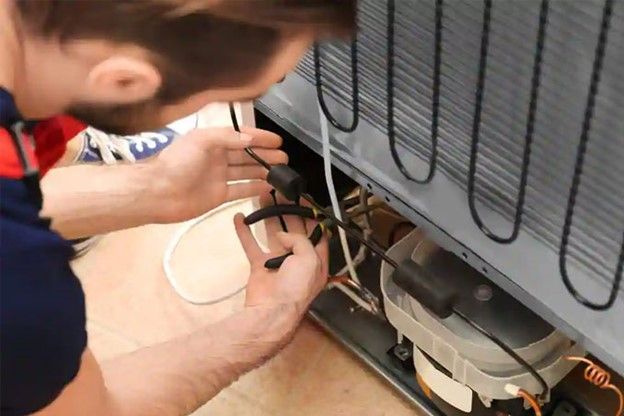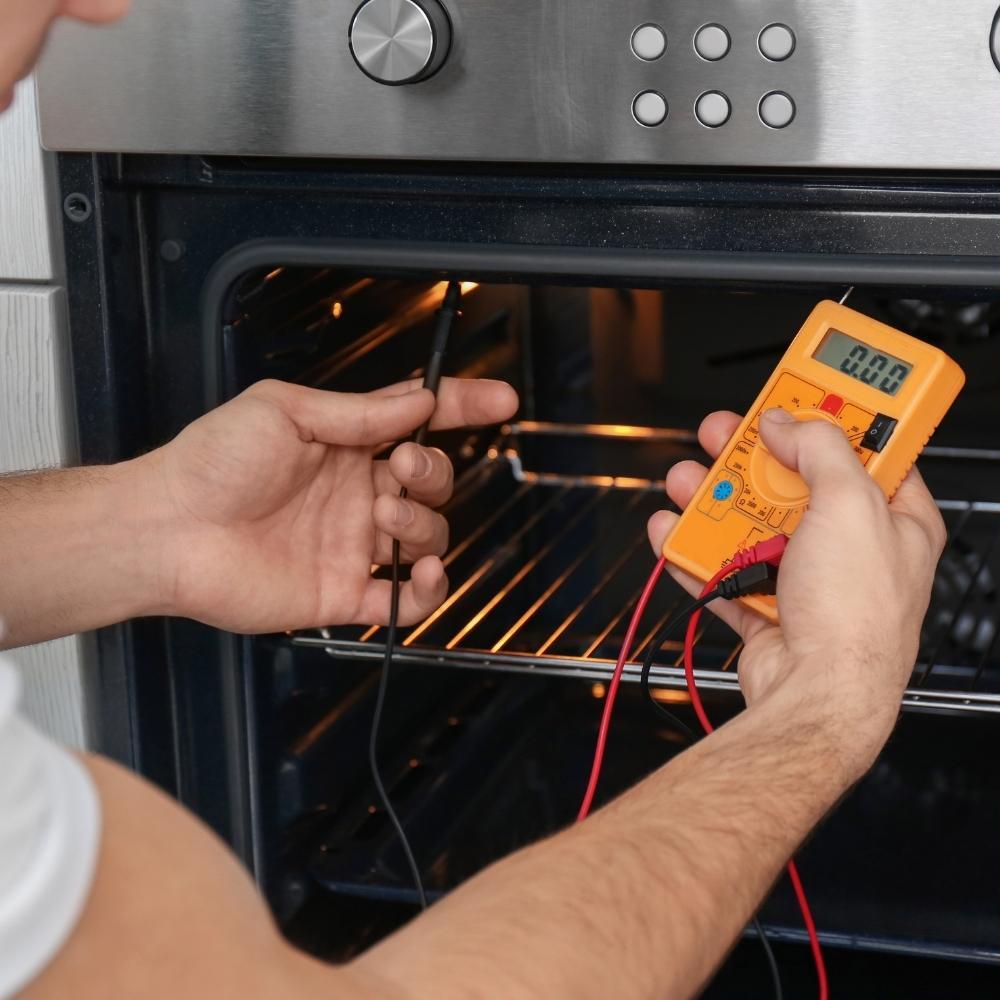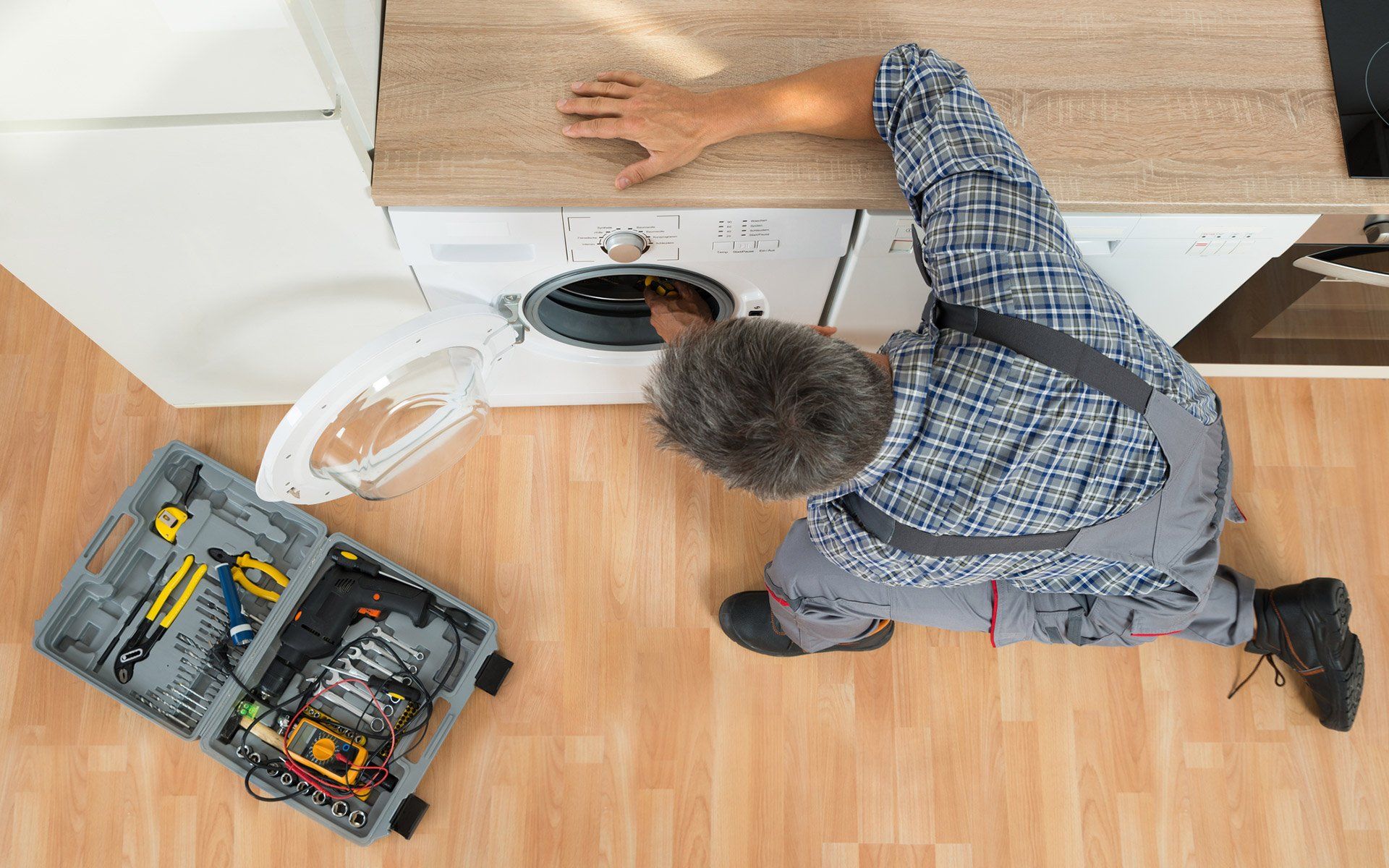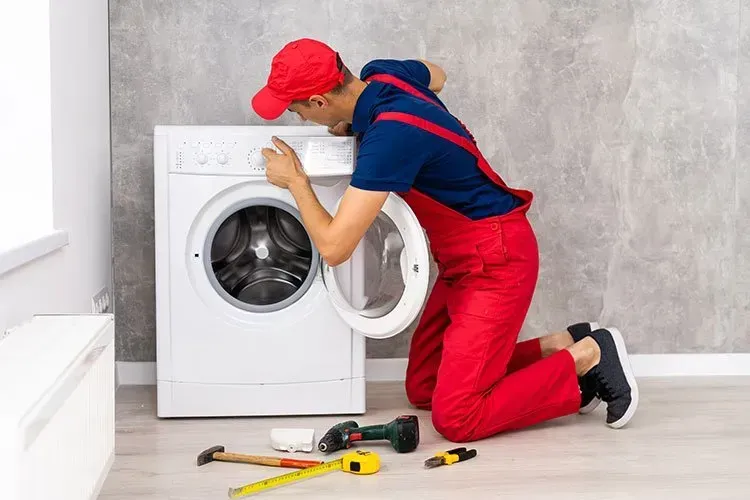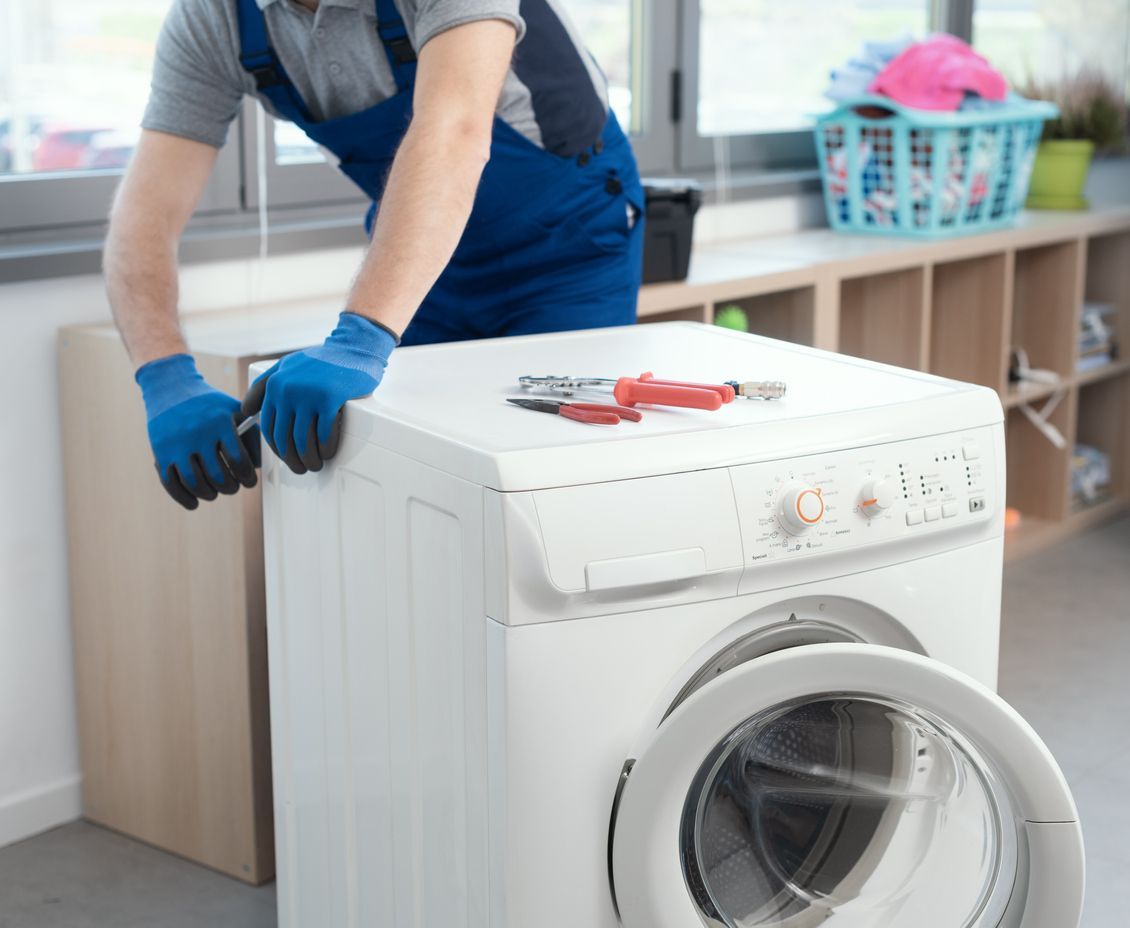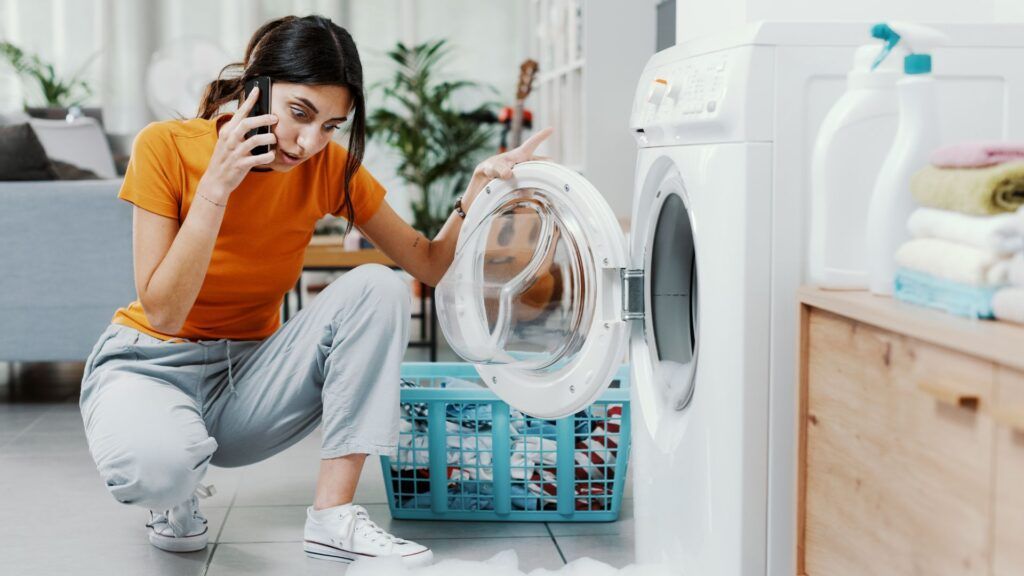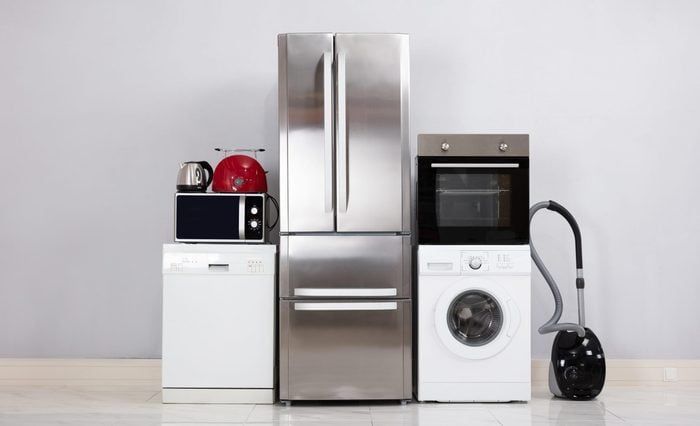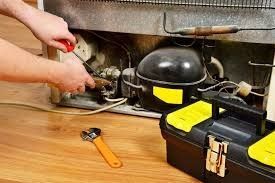Dealing with a leaking refrigerator can be a real hassle, but don't worry! As a maintenance professional, I'm here to help you troubleshoot and fix the issue. If your GE refrigerator is leaking water, here are some things you can do to identify the problem and find the right solution:
Check the Water Line
- One common cause of water leaks is a loose or damaged water line. The water line is a flexible tube that connects your refrigerator to the water supply. To inspect it, start by removing the kick plate at the bottom of the refrigerator. Make sure the line is securely attached to the water inlet valve. If it's loose, tighten it up. If you notice any holes or tears in the water line, you'll need to call a professional to have it replaced.
Examine the Water Filter
- Water filter issues are another common culprit for refrigerator leaks. The filter's job is to remove contaminants from your home's water supply. If you find water leaking from the dispenser or inside the filter housing, there might be a problem with the filter. Here are a few possible filter-related issues:
- Clogged Filter: Over time, the filter can become clogged with contaminants, leading to leaks. To prevent this, it's recommended to change the filter every six months. If your ice cubes taste strange or the water smells bad, you might need to replace the filter more frequently.
- Incorrect Installation: A filter that's not installed correctly can cause leaks. Make sure to consult your user manual for the proper installation instructions for your specific refrigerator model.
- Damaged Filter: Inspect the filter for any signs of damage, such as cracks in the filter head or missing O-rings. If you find any damage, you'll need to replace the filter.
- Wrong Filter: It's important to use an OEM filter recommended by GE to ensure a proper fit and function. Generic filters might not fit correctly or work effectively, resulting in leaks.
Check the Water Inlet Valve
- The water inlet valve controls the flow of water into your refrigerator. If it's damaged or malfunctioning, leaks can occur. To inspect the valve, start by turning off the refrigerator's power and moving it away from the wall. Then, remove the rear panel to access the valve. Look for cracks, holes, or use a multi-meter to test for continuity. If the valve is faulty, it will need to be replaced by a professional.
Unclog the Defrost Drain
- The defrost drain is responsible for carrying away residual water from the refrigerator's defrost system to a drain pan underneath. Sometimes, water droplets can freeze inside the drain, causing blockages and resulting in leaks. If you notice water leaking inside the freezer under the bottom basket, the defrost drain might be clogged. Here's what you can do to unclog it:
- Create a solution by mixing 2 cups of hot tap water with 1 tablespoon of baking soda.
- Empty the freezer and locate the drain at the center of the rear wall. On certain models, you may need to unscrew a rear freezer panel to access it.
- Use a turkey baster to flush the drain with the solution.
- If you hear water running into the drain pan, it means the clog is cleared.
Assess the Drain Pan
- If you've tried the previous steps and your GE refrigerator still leaks water, it's possible that the drain pan is the source. The drain pan collects residual water from the defrost system, allowing it to evaporate. However, if the pan is damaged with a hole or crack, water may leak out before it can evaporate. To check the drain pan, move the refrigerator away from the wall and remove the rear panel. If you find any damage, the drain pan should be replaced. However, if the drain pan is intact but the refrigerator isn't cooling properly, there may be a defrost system failure. In such cases, it's best to call a professional for a thorough assessment.
Remember, while some refrigerator leaks can be fixed with simple DIY solutions, others may require the expertise of a professional refrigerator repair service such as A+ Appliance Repair in Louisville Kentucky. By following these troubleshooting tips, you'll be able to identify the source of the problem and take appropriate action to stop the leaks in your refrigerator.
Testimonials
These folks are the best! My oven stopped heating, and I was worried about the cost. They were quick, explained everything, and even gave me some handy tips. Five stars for sure.
James Faber
Jan 12, 2024
Couldn’t be happier with the service. My dishwasher was leaking, and they fixed it up perfectly. The whole process was smooth, and the tech was really nice. Highly recommend them!!
Jane Wilson
June 30, 2024
Wow, these guys are amazing! My fridge broke down right before a big family dinner, and they saved the day. The tech was super friendly and fixed it in no time. Definitely my go-to for any appliance issues!
Jeremy Johnson
July 10, 2024
Had a great experience with this company. My washing machine was acting up, and they came out the same day I called. The technician knew exactly what to do and got it working again. Super happy with the service.
Michelle Brown
June 25, 2024

